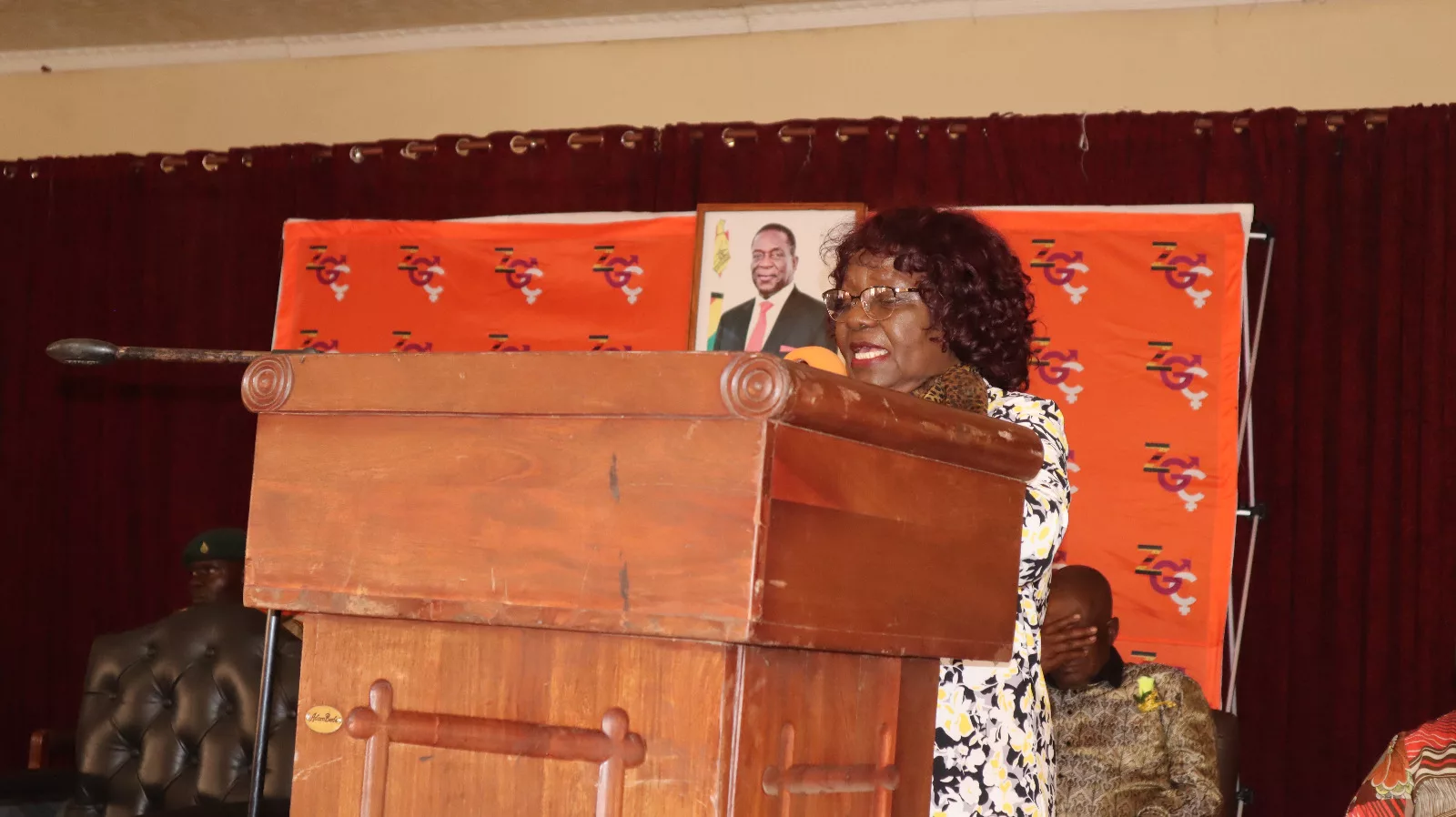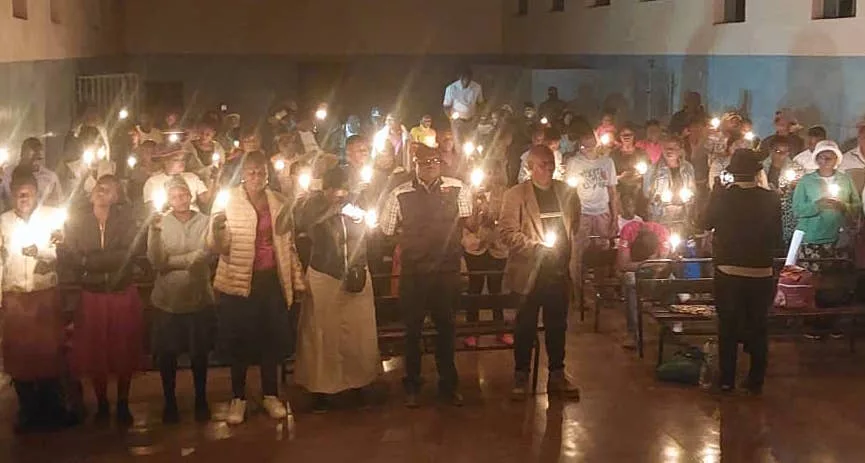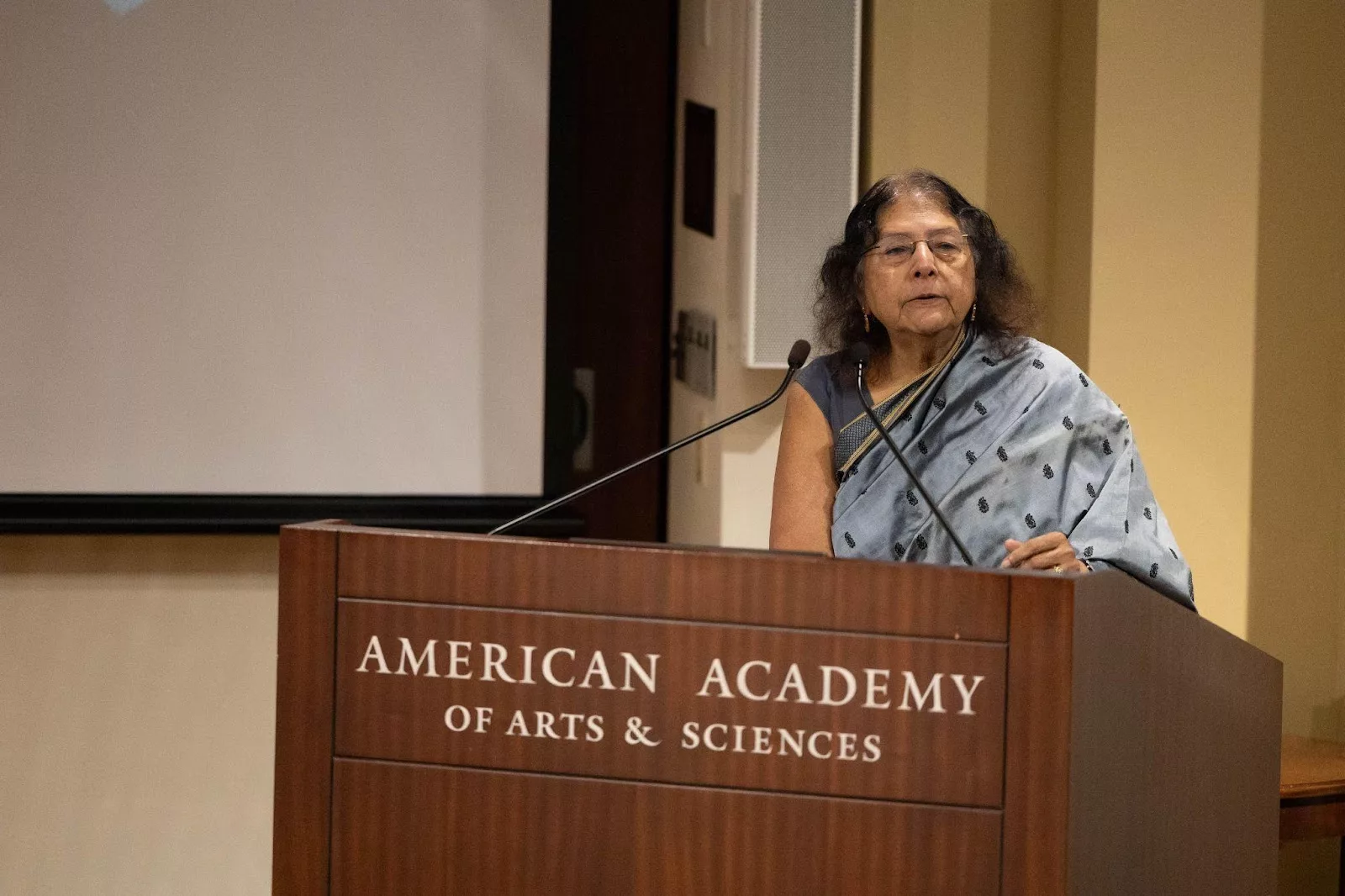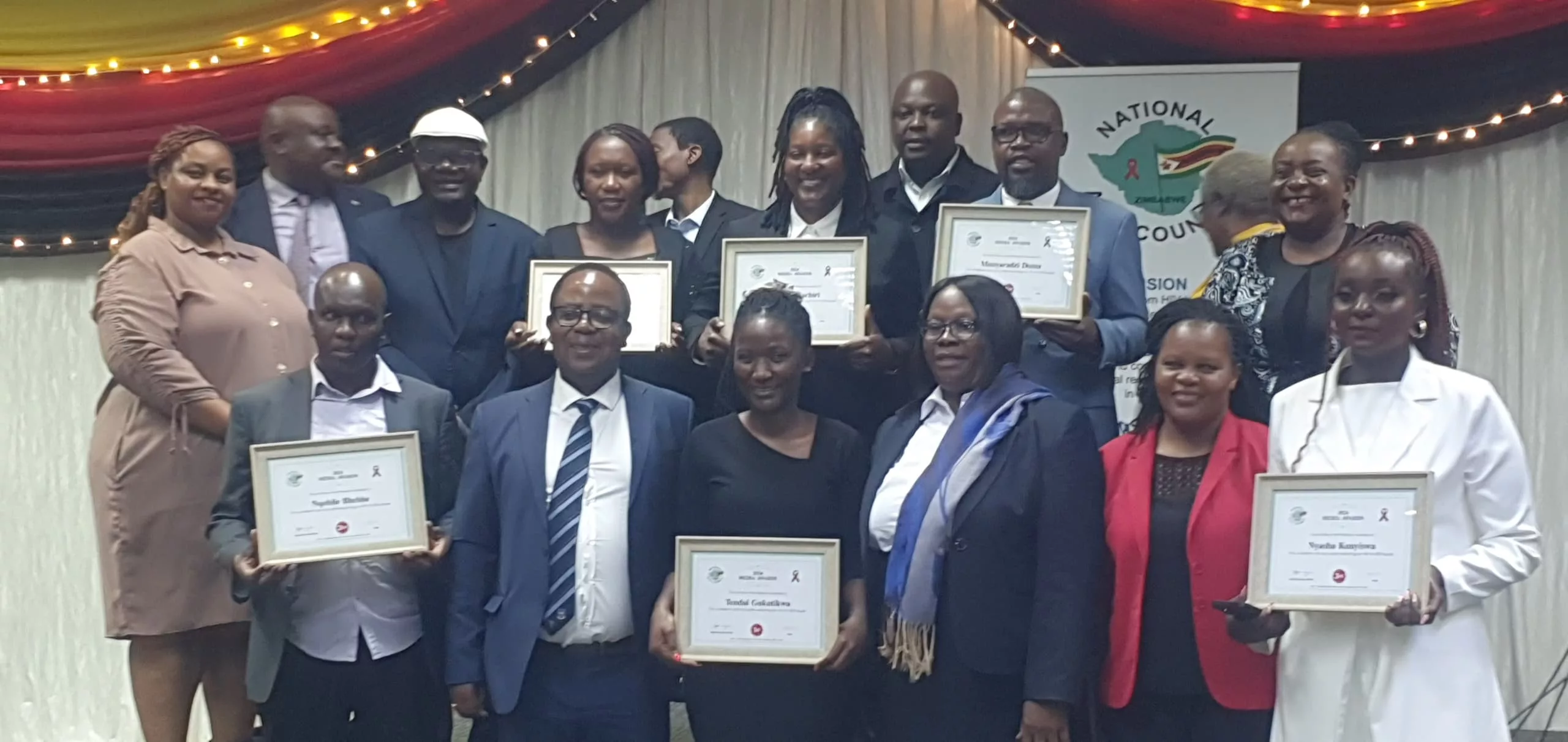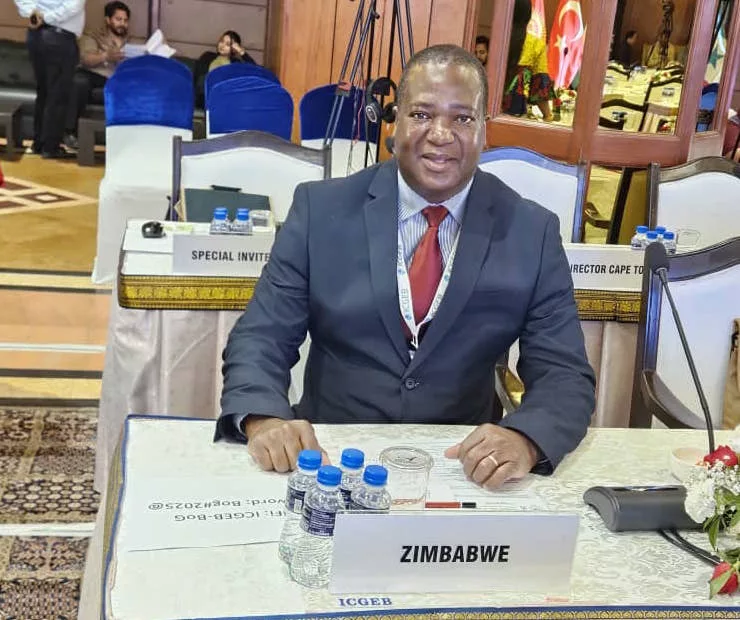|
Getting your Trinity Audio player ready...
|
The impact of climate change and environmental degradation has the effect of regressing gender equality gains achieved over the years and reinforcing vulnerabilities through disruption of livelihoods, increasing food insecurity, and compounding water and energy challenges.
This emerged at this year’s edition of the Zimbabwe National Gender Forum held in Gwanda last Friday which was running under the theme, “ Gender, Environment, and Climate Change: Building Resilience and Sustainable Development through Gender Equality”.
The impact of climate change differs by region, social group, and sex. Africa’s susceptibility is associated with the sensitivity and fragility of its natural environment and its high dependence on environment-based livelihoods. Women are disproportionately impacted as they rely heavily on the environment.
In a keynote address, First Lady Auxillia Mnangagwa revealed that over the years, Zimbabwe has not been spared from climate shocks and environmental challenges affecting the globe.
She said extreme weather phenomena such as droughts, floods, heatwaves, and cyclones, are becoming increasingly frequent and severe, threatening livelihoods, food security, and the overall well-being of our communities. In addition, the country continues to grapple with land degradation; biodiversity loss; and air, land, and water pollution.
The harsh realities of climate change and environmental degradation have impacted the most vulnerable among us and those hardest hit are women and girls. Women are traditionally responsible for sourcing food, water, and fuelwood and through these traditional roles, they interact with and depend more on the environment for their livelihoods and those of their families.
“In drought-affected areas, women and girls are forced to walk long distances to collect water, facing an increased risk of sexual violence. Women’s vulnerability is compounded by their traditional gender roles, high dependence on natural resources, and structural inequalities in access to, control over, and ownership of natural resources,” she said.
In her remarks, the Chairperson of the Zimbabwe Gender Commission (ZGC), Commissioner Margaret M. Mukahanana-Sangarwe said the devastating impact of climate change, environmental degradation, and unsustainable development practices threaten to undermine the progress made towards gender equality over the years.
“Women, in particular, bear the brunt of these challenges as they rely heavily on natural resources for their livelihoods and are often excluded from decision-making processes related to environment and climate change issues,” she said.
The 2023/2024 farming season was declared a state of emergency due to the serious drought caused by El Nino.
Commissioner Mukahanana-Sangarwe said from the Provincial Gender Forums, it was noted that the current El Nino-induced drought has impacted all provinces and has further exacerbated vulnerabilities through disrupted livelihoods, increased food insecurity, and compounded water and energy challenges with women mostly bearing the brunt.
“By understanding these interconnected factors, we can work towards gender-equitable solutions that address the unique challenges faced by women in the context of environment and climate change through adopting gender-sensitive approaches to climate resilience and environmental sustainability,” she added.
ZGC Commissioner, Obert Matshalaga said the deliberations and recommendations from the forum will be considered and shared with Parliament and the Executive as well as other relevant duty bearers for implementation in pursuit of protecting the environment and fostering climate resilience through empowering women and communities towards a sustainable future for all.


